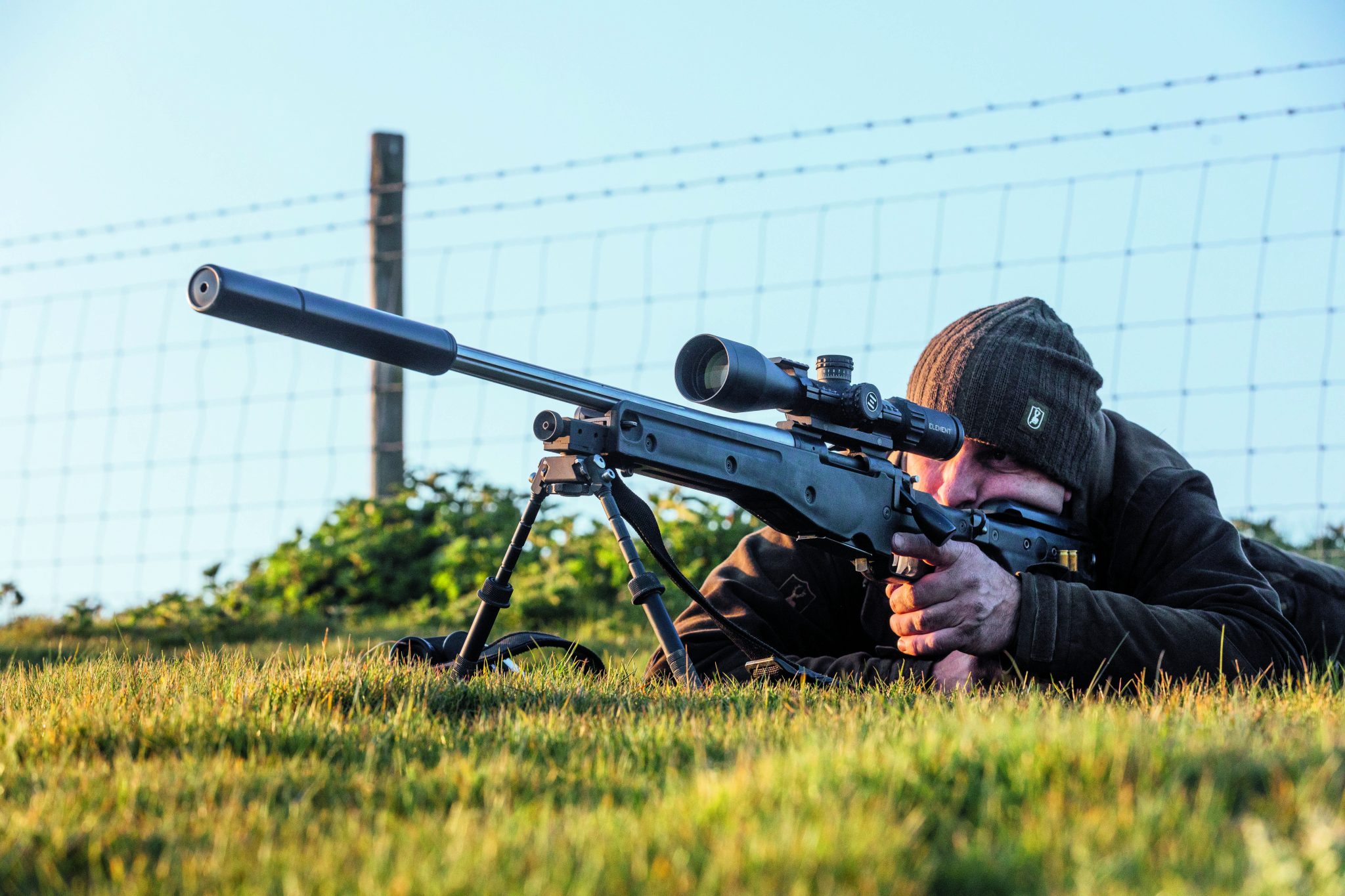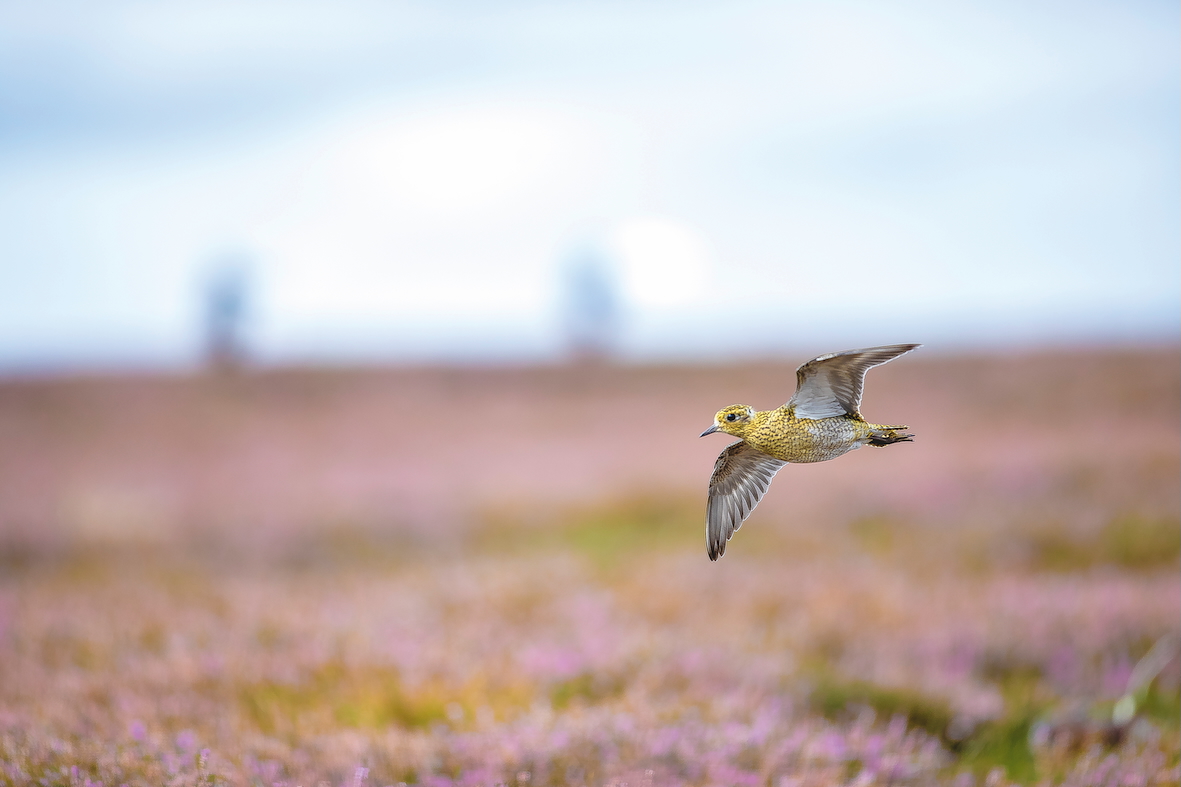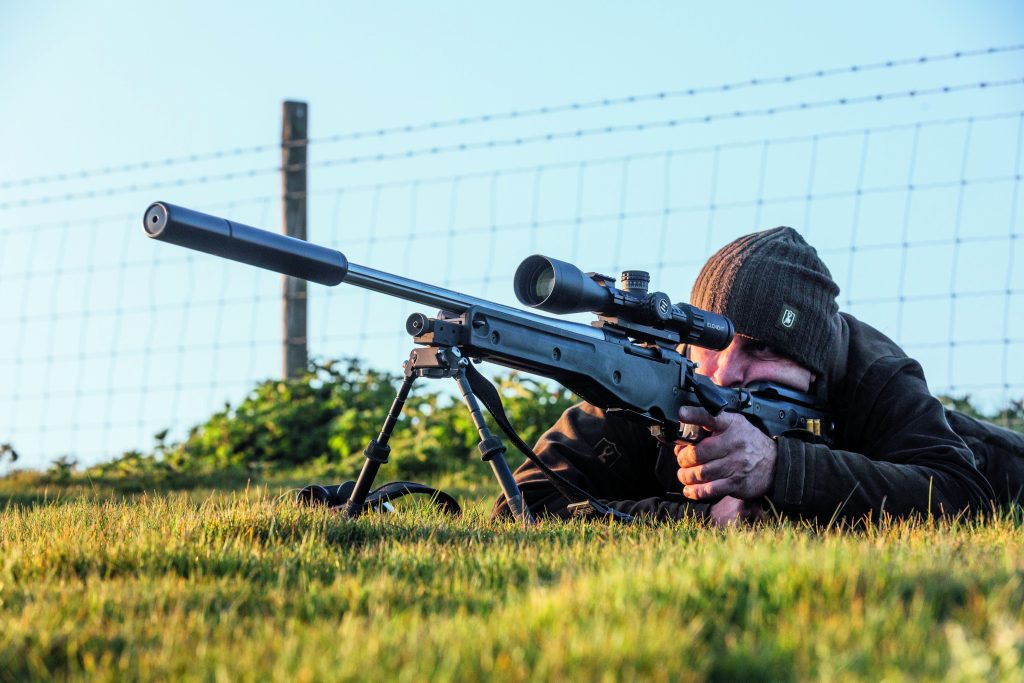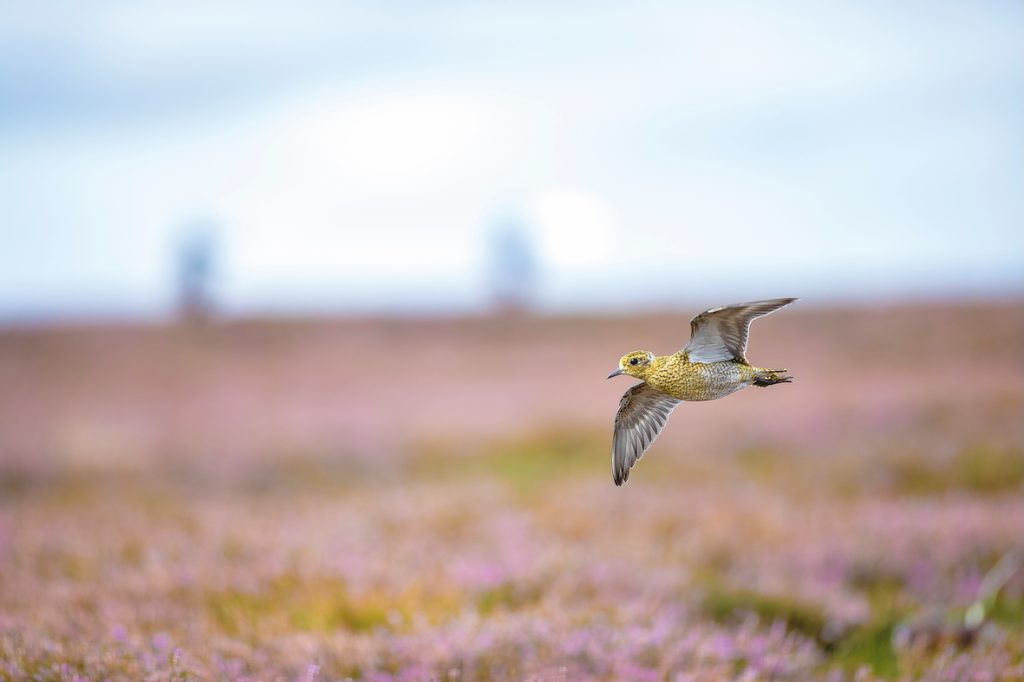News
“People have sallied forth into whatever piece of the countryside they can access”
Would you like to speak to our readers? We offer sponsored articles and advertising to put you in front of our audience. Find out more.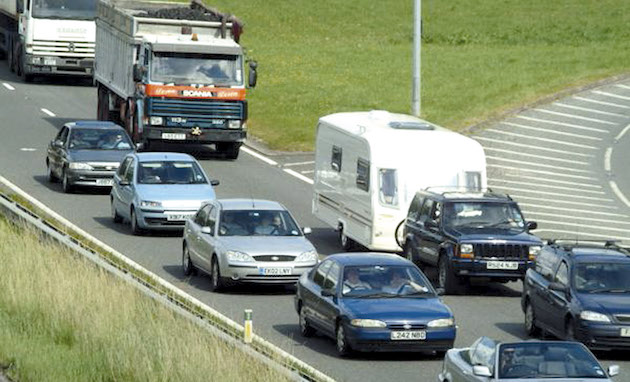 A34
A34
You’ve seen a poo tree, haven’t you? The poo tree is an increasingly common invasive species, typically found in the vicinity of car parks near public green spaces. The chief identifying feature of the poo tree is the plethora of little plastic bags, all tightly knotted, that festoon its lower branches. Each of these strange fruits contains dog excrement. Yes, dog walkers who have gone to the trouble of scooping their pet’s poo into a bag then hang the noisome offering on a branch so that some other poor sod can dispose of it for them.
Or perhaps the poo-hangers honestly think their nasty little offerings will somehow disappear in time due to the actions of the wind and the rain. I really cannot fathom the mindset of these folk. A distraught local in Cornwall once told me, as he was on his daily round of poo-bag harvesting: “What really gets me is that these people have the vote.”
As the lockdown eases (or simply doesn’t apply, if thousands of you jostle together holding the right sort of placards and throw bicycles at police horses), the problem grows. And it’s not just farmers and gamekeepers who have noticed the surge in breaches of the Countryside Code.
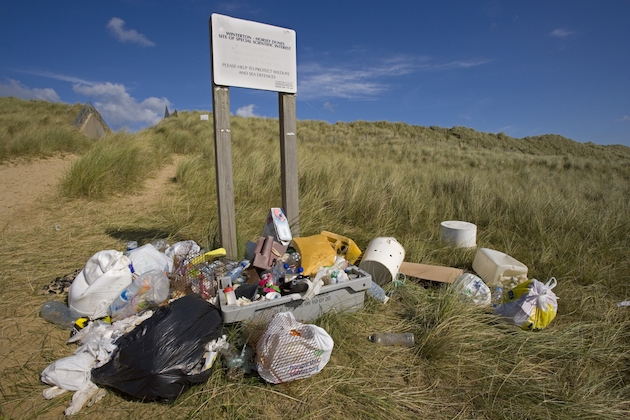
There has been a dramatic increase in fly-tipping and littering
Rural vandalism
A Wildlife Trust in Hertfordshire and Middlesex estimated that it had seen a year’s worth of vandalism, trespass and littering on its nature reserves in just two months. A spokesman for a trust in Buckinghamshire and Oxfordshire said: “I’ve worked in the sector for nearly 30 years and I’ve never seen anything like this. We have seen a dramatic rise in rural vandalism, fly-tipping, litter, fires, out-of-control dogs worrying our livestock, people feeding and abusing our grazing ponies.”
What on earth is going on? I suspect that we are seeing a sort of mob rule, triggered by urbanites who don’t normally choose to visit rural parts. By contrast, those who customarily walk or cycle in the countryside tend to know the form. A Highland stalker once told me that he seldom had issues with the well-equipped hikers he met on the open hill. The main problems were caused by people who never went more than a short distance from their parked cars.
This same phenomenon is now on display more widely as people who would normally find their exercise in nightclubs, football grounds and town parks have sallied forth into whatever piece of the countryside they can access most readily. Hence, they land on nature reserves, commons and unfenced moorland alongside public roads. Equipped with unruly dogs, portable barbecues and mind-numbing music, they simply have no idea of how to behave.
Rights of access
This puts a new slant on the constant exhortations of those who insist the public need yet more rights of access to the countryside — a place characterised by its relative lack of humans. If you insist on shovelling ever greater numbers of people into sensitive landscapes, then you have to take some responsibility for their impact. Access campaign groups are always harping on about their rights, but are not so eager to talk about corresponding responsibilities.
Rural people have largely been bullied into silence about the problems caused by unrestrained public access and rural vandalism. It’s only when nature reserve wardens start to speak out that legislators sit up. Even then, I can guarantee that nothing of any use will be done. The mob rules.
Related articles
News
A sound decision as moderators to be taken off licences
The Government has finally confirmed what the shooting community has long argued – that sound moderators should be removed from firearms licensing controls
By Time Well Spent
Gamekeeping news
News
Devastating effects of keepers downing tools
A 20-year experiment highlights the dramatic decline in our red-listed birds after predator control ends, proving the vital role of gamekeepers
By Time Well Spent
Manage Consent
To provide the best experiences, we use technologies like cookies to store and/or access device information. Consenting to these technologies will allow us to process data such as browsing behavior or unique IDs on this site. Not consenting or withdrawing consent, may adversely affect certain features and functions.
Functional Always active
The technical storage or access is strictly necessary for the legitimate purpose of enabling the use of a specific service explicitly requested by the subscriber or user, or for the sole purpose of carrying out the transmission of a communication over an electronic communications network.
Preferences
The technical storage or access is necessary for the legitimate purpose of storing preferences that are not requested by the subscriber or user.
Statistics
The technical storage or access that is used exclusively for statistical purposes.
The technical storage or access that is used exclusively for anonymous statistical purposes. Without a subpoena, voluntary compliance on the part of your Internet Service Provider, or additional records from a third party, information stored or retrieved for this purpose alone cannot usually be used to identify you.
Marketing
The technical storage or access is required to create user profiles to send advertising, or to track the user on a website or across several websites for similar marketing purposes.


